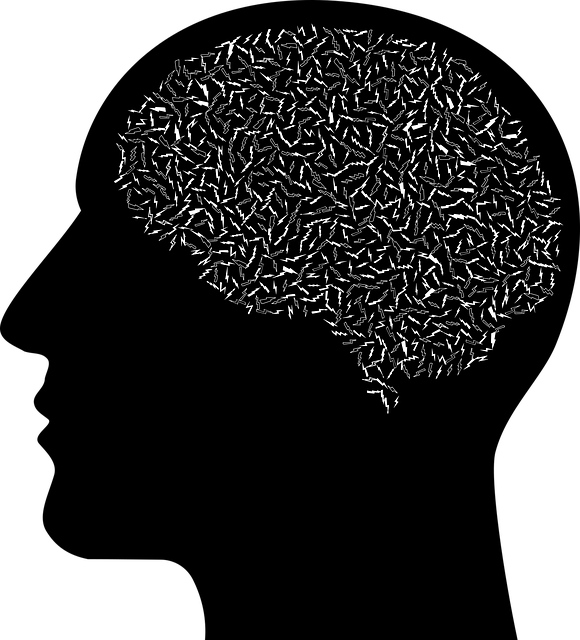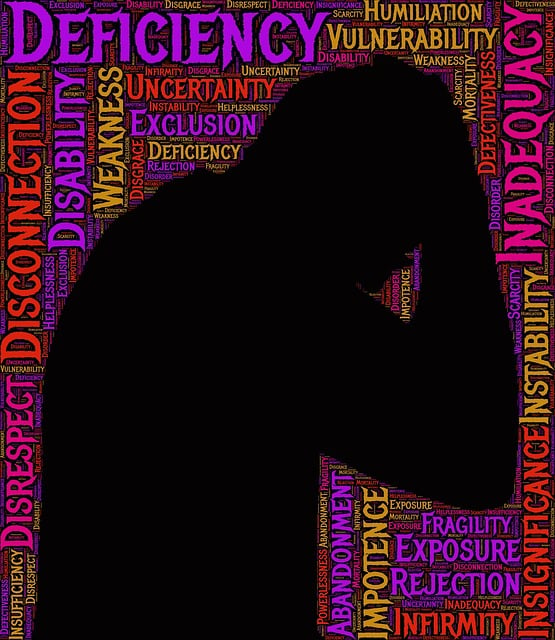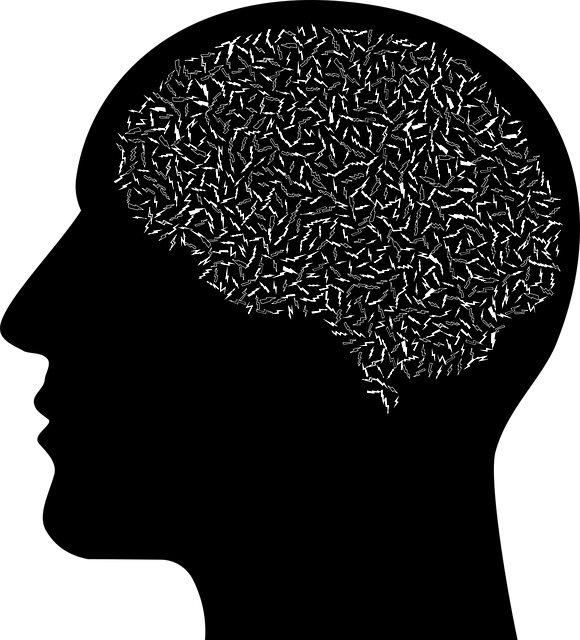Boulder Eating Disorders Therapy offers holistic solutions for managing stress and eating disorders by combining techniques such as Compassion Cultivation Practices, Cognitive Behavioral Therapy (CBT), and mindfulness practices. Their approach targets root causes, enhances self-awareness, promotes positive body image, and teaches effective coping mechanisms. These strategies empower individuals to improve mental resilience, reduce anxiety and depression, and lead more balanced lives, especially in high-stress environments like healthcare.
“Stress management is a vital aspect of maintaining mental health, and in today’s fast-paced world, effective techniques are more important than ever. This article explores comprehensive strategies to combat stress, from understanding its root causes to adopting holistic practices. We delve into the significance of mental health awareness and introduce Boulder Eating Disorders Therapy as a specialized approach. Additionally, we discuss cognitive behavioral techniques, mindfulness practices, and healthy coping mechanisms, offering a multi-faceted guide for long-term well-being.”
- Understanding Stress and Its Impact on Mental Health
- The Role of Boulder Eating Disorders Therapy in Stress Management
- Cognitive Behavioral Techniques for Effective Stress Mitigation
- Mindfulness Practices: A Powerful Tool Against Chronic Stress
- Creating Healthy Coping Mechanisms for Long-Term Well-being
Understanding Stress and Its Impact on Mental Health

Stress is an inevitable part of life, but its impact on mental health cannot be overstated. It’s a double-edged sword; short-term stress can boost focus and productivity, while chronic stress can lead to significant mental and physical health issues. In today’s fast-paced world, where demands are high and pressures constant, understanding how to manage stress effectively is crucial. Boulder Eating Disorders Therapy recognizes this need and offers specialized services to help individuals navigate the challenges of stress.
The consequences of untreated stress are far-reaching. It can manifest as anxiety, depression, insomnia, and even contribute to eating disorders. Compassion Cultivation Practices, Resilience Building, and Coping Skills Development are some of the strategies employed by therapists in Boulder to empower individuals to confront and overcome these challenges. By learning effective coping mechanisms, one can foster mental resilience, enabling them to better handle stressful situations and lead a more balanced and fulfilling life.
The Role of Boulder Eating Disorders Therapy in Stress Management

Boulder Eating Disorders Therapy offers a specialized approach to stress management, addressing the intricate link between mental health and physical well-being. This therapy is particularly effective in teaching individuals to cultivate healthy coping mechanisms, as eating disorders often stem from deeper issues related to stress, anxiety, or low self-esteem. By focusing on both the mind and body, therapists help clients develop a robust Self-Care Routine Development for Better Mental Health.
The process involves guiding participants through Mental Wellness Journaling Exercise Guidance, encouraging them to reflect on their emotional states and triggers. This introspection promotes self-awareness, enabling individuals to recognize stress indicators early on. Additionally, the therapy emphasizes Self-Esteem Improvement by helping clients challenge negative thought patterns and build a positive body image. Through these methods, Boulder Eating Disorders Therapy not only aids in disordered eating recovery but also equips individuals with powerful tools to navigate stress effectively and enhance overall mental wellness.
Cognitive Behavioral Techniques for Effective Stress Mitigation

Cognitive Behavioral Techniques (CBT) offer a powerful toolkit for managing stress effectively, making it a cornerstone in Boulder Eating Disorders Therapy practices. By focusing on identifying and challenging negative thought patterns and behaviors, CBT empowers individuals to develop healthier coping mechanisms. This approach encourages people to recognize triggers that contribute to stress and anxiety, enabling them to replace unhelpful thoughts with more realistic and positive ones.
Integrating these techniques into daily life can significantly reduce symptoms of burnout, especially among healthcare providers who often face high-stress environments. The same strategies are valuable in designing Mental Health Education Programs, where raising awareness about stress management is vital. Moreover, advocates for Mental Health Policy Analysis and Advocacy can utilize CBT principles to promote policies that prioritize stress prevention and mental well-being.
Mindfulness Practices: A Powerful Tool Against Chronic Stress

Mindfulness practices have emerged as a powerful tool in navigating and managing chronic stress. These techniques, often taught through programs like Boulder Eating Disorders Therapy’s Mental Health Education initiatives, focus on cultivating present-moment awareness and non-judgmental attention to thoughts, feelings, and bodily sensations. By training the mind to remain anchored in the here and now, individuals can better regulate their emotional responses to stressful situations.
Incorporating mindfulness into daily routines, such as mindful eating or engaging in social skills training sessions that emphasize present-moment interaction, has been shown to reduce symptoms of stress and anxiety. Moreover, these practices encourage self-care by fostering a deeper connection with one’s inner experiences, enabling individuals to make more conscious decisions about their well-being. Through regular practice, mindfulness can transform the way people respond to stressors, leading to improved mental health and overall resilience.
Creating Healthy Coping Mechanisms for Long-Term Well-being

Developing healthy coping mechanisms is a vital aspect of stress management that extends beyond short-term relief. These strategies are designed to enhance long-term well-being and resilience, especially for individuals navigating challenging situations like those seeking Boulder eating disorders therapy. By learning effective ways to manage stress, people can foster better mental health and prevent burnout, which is particularly crucial in high-pressure fields like healthcare.
Stress management workshops and organizations play a significant role in equipping individuals with these tools. Through these platforms, participants can explore various techniques such as mindfulness meditation, exercise routines, and cognitive behavioral therapy (CBT) strategies. Moreover, discussing burnout prevention strategies specifically tailored for healthcare providers can lead to improved communication skills, fostering supportive environments where professionals can openly share their experiences and develop coping mechanisms together.
In conclusion, managing stress effectively is a multifaceted process that involves understanding its root causes and adopting healthy coping mechanisms. The techniques discussed in this article—from cognitive behavioral therapy to mindfulness practices—equip individuals with powerful tools to navigate stressful situations. Boulder Eating Disorders Therapy serves as a pivotal approach, addressing the intricate relationship between stress, mental health, and eating disorders. By integrating these strategies into daily life, one can foster long-term well-being and enhance overall resilience against chronic stress.













